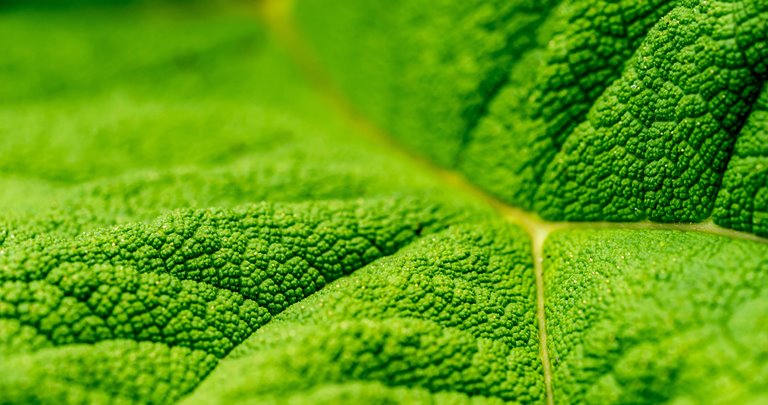Reading this blog you might have already noticed that I am a big fan of illustrative comparisons and unusual examples. Also in the second part of this series "Empirical evidence" I will take up a branch of research that has nothing to do with our actual industry. However, the way in which research is conducted can be compared with our approaches. So if you have difficulty recognizing the goal of the article at first glance, don't worry. At the end, there is always the section "What does this have to do with Merus?. My sources for reading I mention again at the end of the article.
"Artificial photosynthesis is the holy grail of research.
Basically, plants convert light energy into storable chemical energy during photosynthesis. Some algae and bacteria are also able to perform photosynthesis. Sunlight is used to produce carbohydrates from water and carbon dioxide, which serve as energy storage. This process is a crucial part of the cycle of life. Not only does it provide food or fuel, it also releases essential oxygen.
If this process could be optimized or even artificially simulated, a large part of the challenges of our time around climate change and scarcity of resources would be a thing of the past. For this reason, research into this is extremely attractive.
Dealing with assumptions in research

1st assumption: Different living beings are able to carry out photosynthesis and can thus chemically store energy in the form of carbohydrates. This is followed by an investigation of the process itself. Which steps, chemical components and prerequisites are necessary?
2nd assumption: The process has been completely researched. It is now possible to change individual components and observe the effect.
3rd assumption: It might be possible to artificially recreate the process. On the basis of this assumption, research is carried out in which empiricism is used alongside work and theory. That means simplified: Trial and Error. Each experimental setup consists of many variables and factors, which are successively checked, changed and re-checked. This is repeated until the desired result is achieved. In this way, the research comes step by step closer to the goal of "artificial photosynthesis" in the ideal case.
What does this have to do with Merus?
I try to keep my promise from the introduction and now draw a bow back to our work at Merus.
In the first part of the blog series, I explained how every successful installation supports our theory of the Merus Ring. From time to time we also make installations where we can't predict exactly how the effect will occur. This is the case with very large, complex applications or with new types of problems. If everything works out right away, that's excellent. Sometimes, however, it is almost better for our wealth of experience if the effect does not occur immediately but only after changes have been made to the installation. This gives us insights that we can apply to the next customer and that broaden our understanding of the technology. (Of course, such cases are discussed in advance with the customer so that he knows what to expect or what he may expect). Occasionally we can even reduce the number of Merus Rings installed with the same result, making water treatment cheaper. So we get to know the limits of the technology.
The example "Research on photosynthesis" is intended to show that our approach is by no means unusual. Experiments and evidence that have been empirically determined are always part of scientific work.
